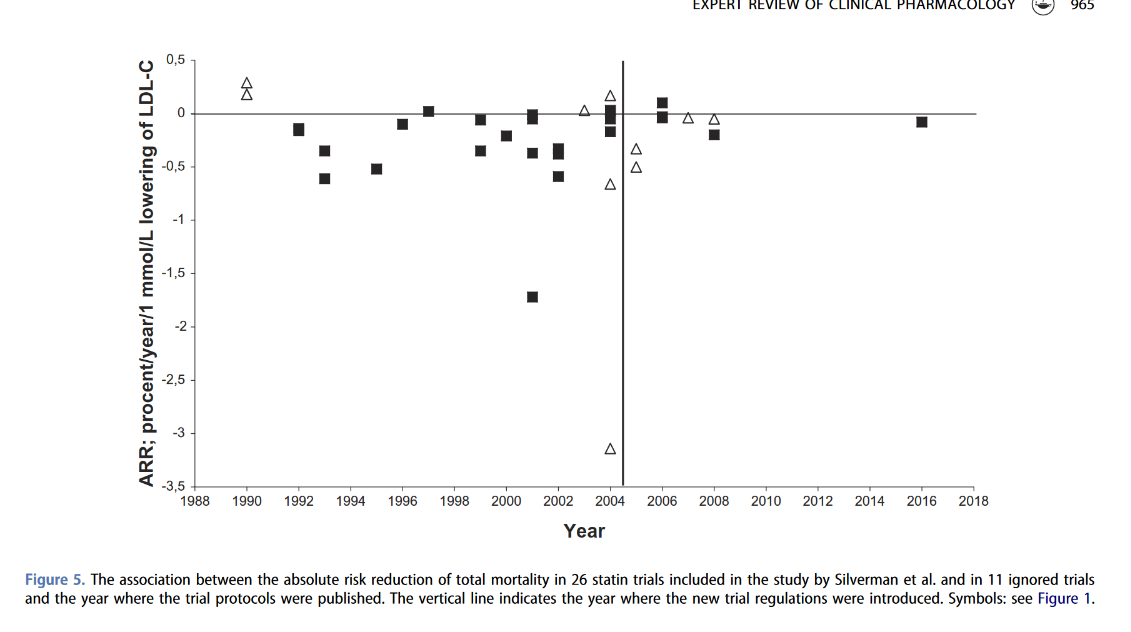Okay, I've been happily ignoring your little idee fixee on LDL aside from one gentle comment but I feel the need to comment here again.
This article is utterly disingenuous and sets up a complete strawman to knock down. It sets out to disprove a notion of cholesterol that was last current decades ago. Right in the first paragraph and throughout the article LDL is referred to as “the” major cause of atherosclerosis which to my knowledge even the Framingham authors wouldn't have been comfortable with, it is however a significant contributing factor.
It is well known that some people with elevated LDL or total cholesterol are at low risk(this is the reason for weak or negative results in whole population studies), atherosclerosis is a complex disease with multifactorial causes, no practising doctor I know thinks it is “the” major cause, or even the most important contributing factor.
That being said it is thoroughly established that statin use in select patients reduces the risk of MI and CVA, especially in those with established atherosclerosis, but also those with other substantial risk factors (high BP, family history, smoking, diabetes etc.). This is totally uncontroversial and the pathogenic mechanisms, while complex, are increasingly well understood.
I have been a doctor for over a decade and I consider myself diligent in keeping up with research, and although the selection of patients for statin therapy is an ongoing and regularly changing area of research on which experts can disagree, the fact that select patients will have substantially lower risk of coronary events due to statin therapy is uncontroversial.
Here is an article written by people who payed attention in stats class and have bothered to make their case with evidence rather than knocking down strawmen
Or for a more succinct and easy to read summary here is the Cochrane conclusion
"Of 1000 people treated with a statin for five years, 18 would avoid a major CVD event which compares well with other treatments used for preventing cardiovascular disease."
Statins for the primary prevention of cardiovascular disease
